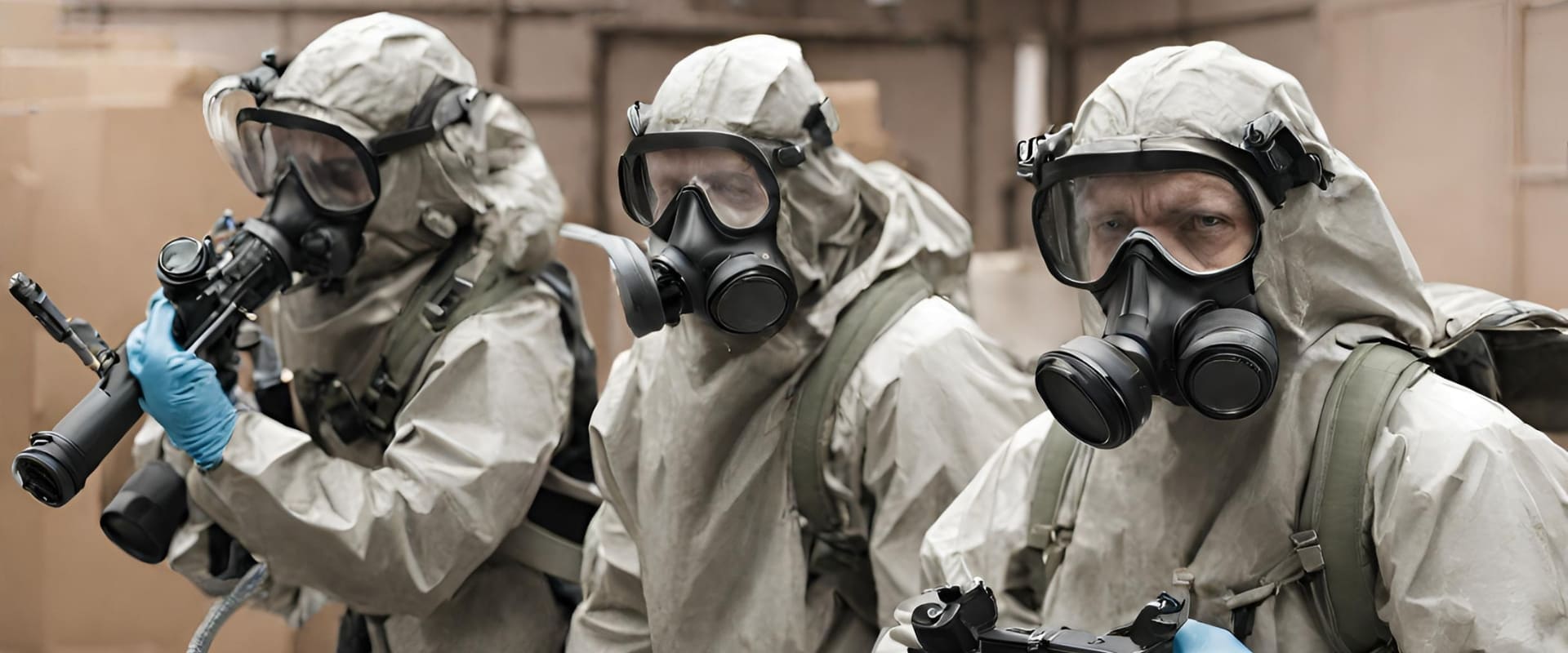Abstract
Biological Warfare Agents (BWAs) have been defined as living organisms, including viruses or infectious material derived from them, that cause disease or death in humans, animals or plants, when used for hostile purposes. Bacillus anthracis, Vibrio cholera, Ricin communis, Ebola are some examples of BWAs.
Biological Warfare Agents (BWAs) represent a category of potentially devastating weapons that involve the use of living organisms or substances derived from them with the intent to cause disease or death in humans, animals, or plants for hostile purposes. These agents exploit the inherent pathogenic or toxic properties of certain microorganisms and toxins. Notable examples of BWAs include Bacillus anthracis, the bacterium responsible for anthrax, which can be disseminated as spores and cause severe illness in both humans and animals. Another example is Vibrio cholerae, a bacterium that can lead to cholera outbreaks, causing severe dehydration and potentially fatal consequences if not treated promptly.
Ricin communis is a toxin derived from castor beans, known for its extreme toxicity. Ricin can be used as a biological weapon due to its ability to disrupt cellular function, leading to organ failure. Ebola virus, a highly contagious and deadly pathogen, causes Ebola virus disease characterized by severe hemorrhagic fever, high mortality rates, and the potential for rapid transmission. The intentional use of BWAs poses significant challenges, as they can be difficult to detect and may have delayed onset effects. Furthermore, their potential for widespread harm makes them a serious concern in terms of national security and public health. Efforts to counteract the use of BWAs involved the development of surveillance systems for early detection, rapid response protocols, and the implementation of preventive measures. Preventing the proliferation of BWAs also requires international cooperation and adherence to agreements and treaties aimed at limiting the development and use of such weapons. The Biological Weapons Convention (BWC), for instance, is an international treaty that prohibits the development, acquisition, and use of biological weapons, emphasizing the importance of peaceful cooperation in the life sciences.
Addressing the threat of BWAs involves a multidisciplinary approach, encompassing scientific research, public health infrastructure, and international cooperation to mitigate the risks associated with the intentional use of living organisms or toxins as weapons. The ongoing advancement of surveillance technologies, diagnostic tools, and treatments is crucial in preparing for and responding to potential incidents involving BWAs.



